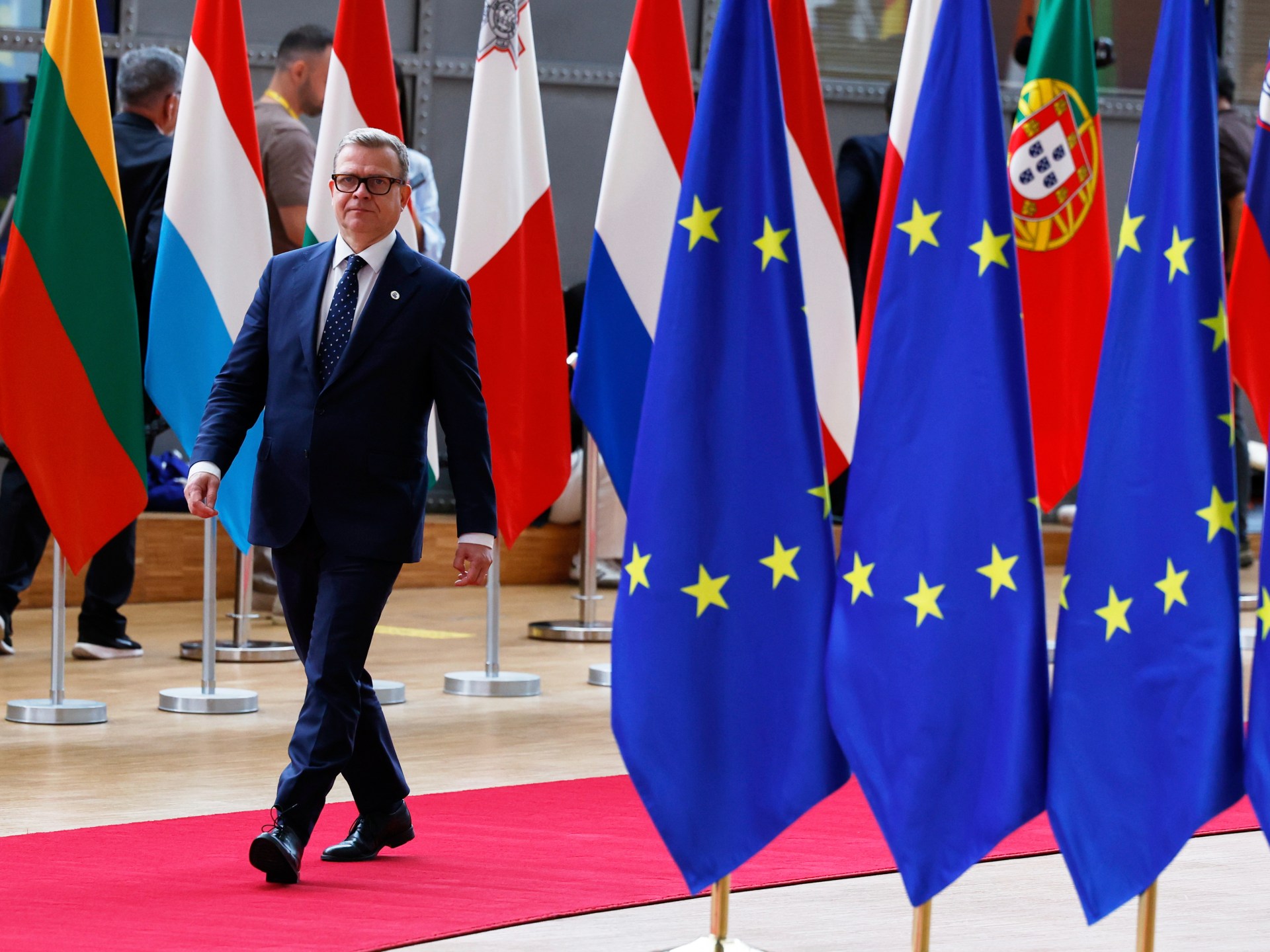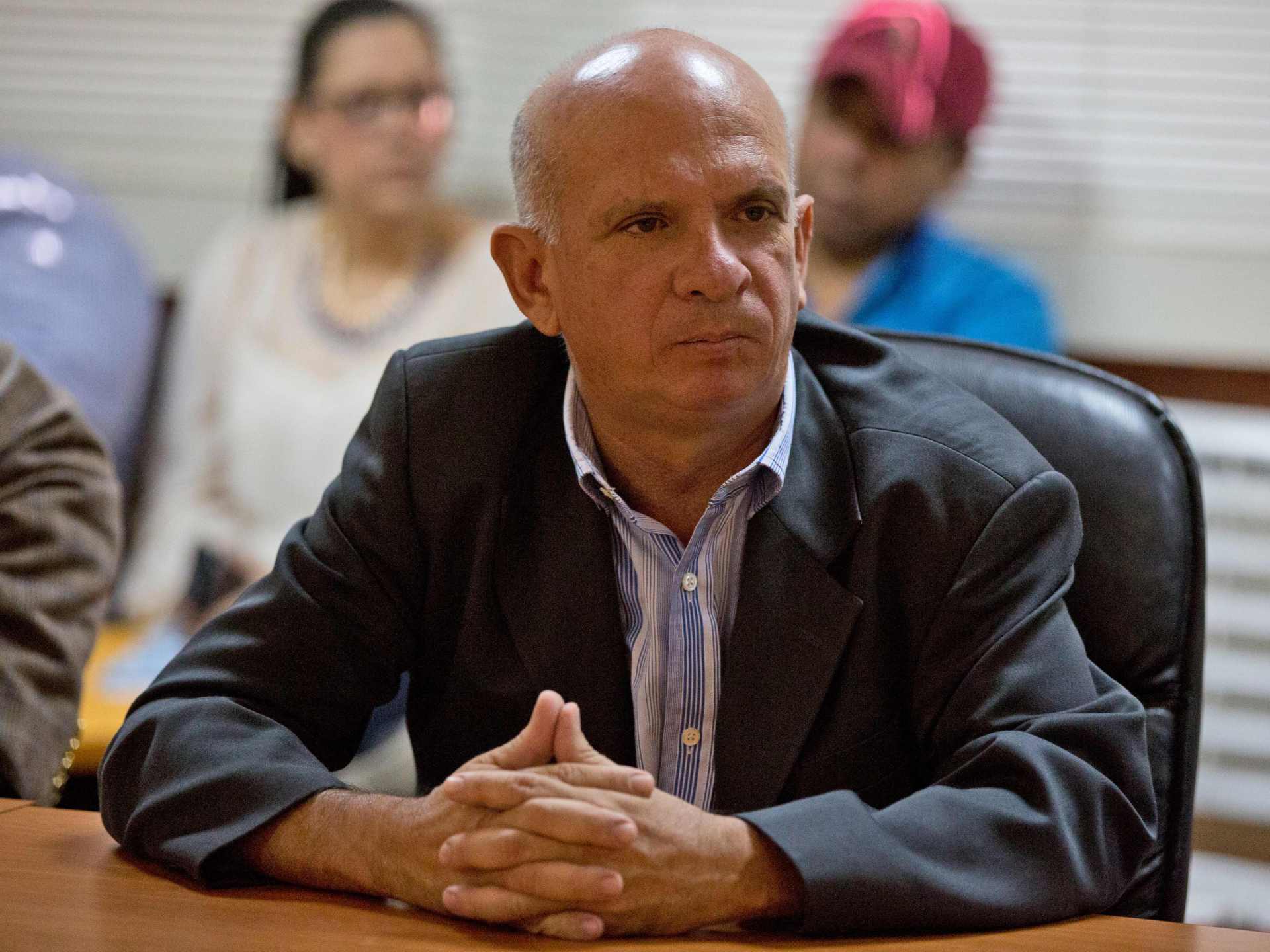The heads of the 27 member countries of the European Union will meet in Brussels to discuss more severe sanctions against Russia, ways to avoid painful new US tariffs, and how to speak out against Middle Eastern conflicts.
Most of the leaders will leave from a brief but contentious NATO summit on Thursday to discuss their disagreements with US President Donald Trump and pledge a significant boost to defense spending.
After meeting with Trump on Wednesday, Volodymyr Zelenskyy, the president of Ukraine, will videoconference to the EU summit.
The US-led NATO downgraded Ukraine this week from a top priority to a side player, but the EU continues to be deeply concerned about Russia’s conflict there.
Members will be discussing whether to keep a price cap on Russian oil, which some countries oppose because it might cause higher energy prices, and whether a potential 18th round of sanctions against Russia might be implemented.
Trump’s threatened tariffs are also having an impact on the EU, which negotiates trade agreements with all 27 member nations. He criticised Spain on Wednesday and suggested adding more tariffs, criticizing them for not investing in defense. Trump’s handling of a trade war with long-time allies was criticized by France’s president.
Middle Eastern wars have raised concerns for European leaders, and the EU is urging Iran to resume diplomatic ties over its nuclear program.
Members of the EU must resolve internal disagreements. Because of how Israel acted in its conflict with Gaza, they have disagreements about what to do with European policy toward Israel. And left-leaning parties are criticizing EU Commissioner Ursula von Der Leyen’s decision to resign from the EU’s climate leadership in favor of military spending.






